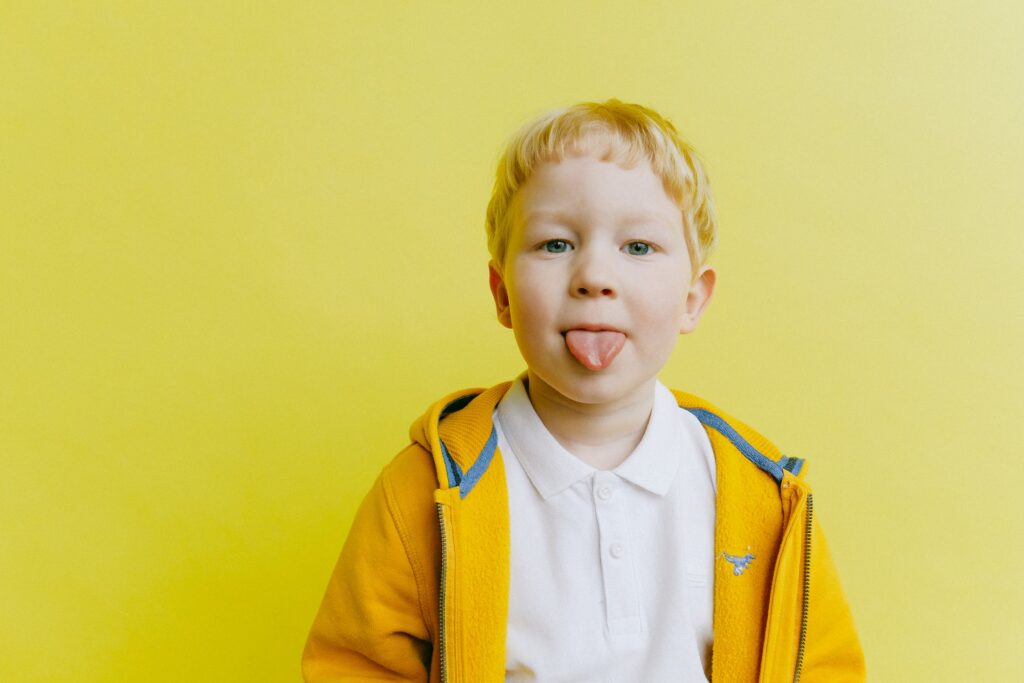Children have all sorts of ways of expressing a need or letting us know when something is not working for them. They might make a lot of noise, provoke their sibling, or play with something dangerous. The question for us in these situations is not what do I do, but what do I see?

Recently, I visited my family in Australia and I was caught up in an interesting conversation with my brother. My nieces were playing in the background and they started to argue. One had hidden the other one’s toy and distress was building. When we discovered the hidden toy, I asked my niece if she wanted some connection from us, and she nodded. Often I see the behaviour and this is what I respond to. In this case, I saw what was driving it, desire for connection, desire to be included, to belong.
Children let us know when something’s not working for them; but they don’t always do this with words. They’re in their emotional brain where they experience impulses or energy in motion. They still want us to hear what’s not working for them but they will communicate this with action or behaviour. We typically respond to the behaviour rather than the emotion that’s driving it. We might say things like that’s not ok, stop annoying your sister, don’t interrupt my conversation. Our child might stop, but not for long, because the energy is still in motion.
They need to borrow our rational brain because theirs is offline. If we can see the emotion that’s driving the behaviour, we can respond to that and gently draw our child back in close where we can hear what they want us to hear. My love, I can see you’re feeling stirred up and something’s not working for you, why don’t you tell me about that.
If you would like to learn more about this and how it might relate to your parenting experience, please feel free to contact me and I’ll be happy to discuss how we can work together to meet the needs of you and your family.
You are also most welcome to subscribe to my blog to stay up to date with new posts.
